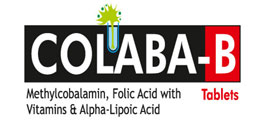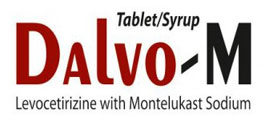Tuberculosis (TB) is a severe public health issue in India,accounting for a quarter of the global TB burden. While the World Health Organisation (WHO) has set a goal to end the TB epidemic by 2030, India committed to ending the disease by 2025, a mission backed by Prime Minister Narendra Modi. But the crucial question here is whether it is an achievable target? According to the WHO, only 60 per cent of TB cases in India are notified to the national TB programme. Incidentally, most patients do not seek medical attention at all or are not diagnosed until the disease is in its advanced stages. At this juncture, technology comes in to assist in early and better TB detection. Early detection is a key strategy called out in the Global Plan to End TB.
Challenges on the road
Despite technological advancements, numerous challenges remain in the fight against TB in India. One of the biggest is the lack of access to healthcare in rural and remote locations. Many people in these areas do not have access to the same resources and technology as those living in urban areas. They may not have the necessary awareness to seek medical attention in time; even if they do, the plight of Primary Health Centres (PHCs) in rural locations abates the situation. The PHCs do not have access to diagnostic tools and suffer from a severe shortage of trained personnel to read reports and guide patients onto the correct treatment pathway. All of these factors, coupled with the rising cost of care, make diagnosing and treating TB significantly tougher. Another challenge is the high number of drug-resistant TB cases in India. This type of TB is much harder to treat and requires more expensive, specialised drugs and a longer duration of treatment. Lack of research and an inability to implement measures to cap the treatment and drug costs are aiding the spread of the epidemic.
Though India has a detailed National Strategic Plan for TB elimination, its efficient execution depends on the State Health System. Indian states are at varied maturity levels in the health system, so TB service delivery also varies. In many places, it is affected by a lack of skill set to deliver TB services. While the Government of India focus on decentralised,comprehensive Primary Healthcare delivery is now bearing fruit, it will take more time to implement effectively and become a well-
oiled system.

 EN
EN FR
FR DE
DE NL
NL 




